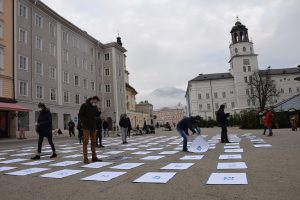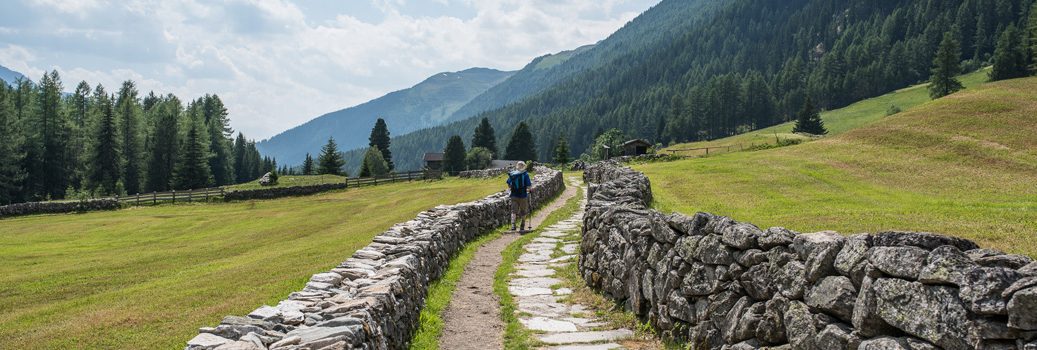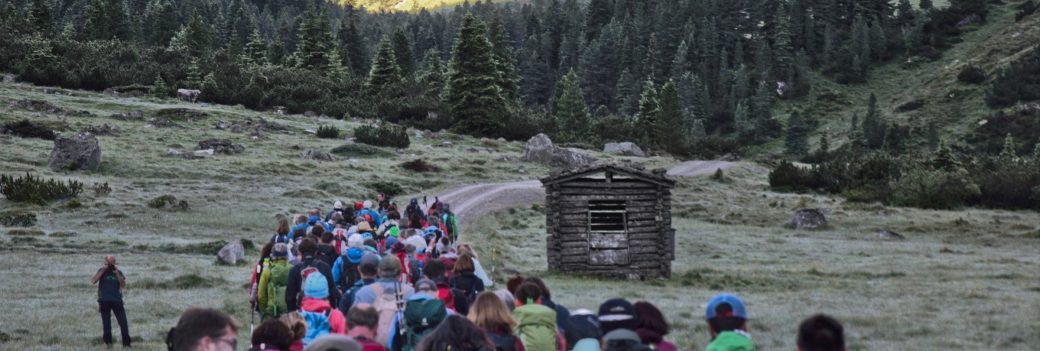A memory game of more than 60 square meters invited passers-by at Salzburg’s Residenzplatz to reflect on Salzburg’s Nazi-infested streets.
A follow-up report by Robert Obermair

It was not an Advent calendar that was too big, but a memory game with 128 posters that caused a stir in Salzburg’s old town last December. At the Residenzplatz, large memory cards were spread out on the ground over an area of more than 60 square meters. They provided information about the 64 street names in the city that still honor people who were involved in the Nazi regime. Passers-by were invited to find the matching signs with the respective photo of a street sign and the corresponding historical information. The campaign was very well received and not only brought many interested Salzburgers into conversation with us, but also found a broad media echo.
64 problematic honors for Nazi actors and profiteers
According to current knowledge, 46 streets and squares in the city of Mozart are named after prominent NSDAP members – until today. Another 18 honored persons were not party members, but were involved with the NS regime in one way or another. Apart from a few prominent cases, such as Josef-Thorak-Straße in Aigen, the dark past of many incriminated streets is little known. Heinrich-Damisch-Straße in Parsch, for example, is named after the journalist and co-founder of the festival who served as a mouthpiece for anti-Semitism and National Socialists and joined the NSDAP as early as 1932.
Responsibility of the city policy
APC’s action took place in view of the publication of the report of the historians commission on street names commissioned by the city of Salzburg, which was announced for the end of 2020. As a result of APC’s intervention, the City of Salzburg had to admit that the publication of the report will be delayed at least until spring 2021. As soon as the results of the commission are finally available, it will be up to the city’s politics to assume its responsibility and take the overdue steps after decades of delayed debates. The city owes this to the victims and their descendants, but also to the residents who do not like to live in streets contaminated by the Nazis. Accordingly, APC demands from the city policy that it takes its responsibility, i.e. renames where appropriate and ensures a historical contextualization in public space.








